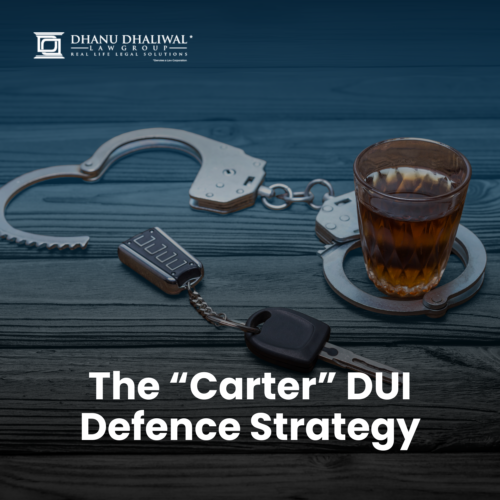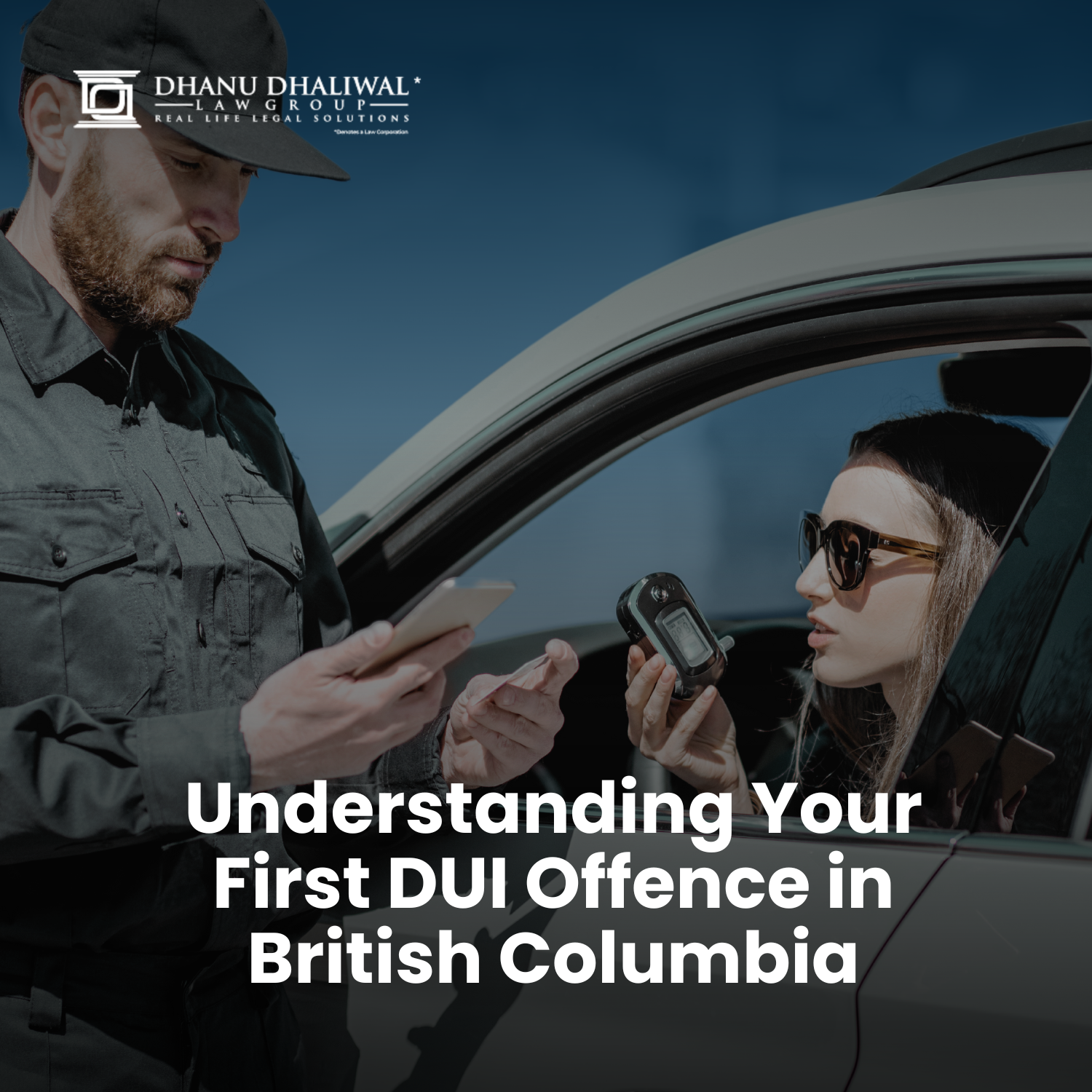Most people think they would be able to identify assault if they saw it, and sure, many instances of assault are clear-cut. But did you know that you can be charged with assault without touching someone?
Assault is not only limited to physical attacks but also includes non-physical acts that induce “fear for one’s safety.” This could be verbal threats or menacing actions.
Definition of Assault
The Canadian Criminal Code’s Section 265 defines assault as an intentional application of force to a person without their consent, direct or indirect, or attempting to apply force, causing the person to believe that there is a present ability to act upon the threat. Moreover, openly wearing or carrying a weapon or hindering another person while begging or accosting is also considered assault.
A violent act does not have to cause harm or involve physical contact to be classified as assault.
Assault is categorized into various types, each carrying different charges, penalties, and sentencing ranges depending on the severity of the offence.
The charge of simple or common assault may result in absolute discharge for first-time offenders, while assault with a weapon, using a weapon to threaten or intimidate a person, may lead to up to ten years of imprisonment.
Aggravated assault, involving the endangerment of a person’s life, may lead to up to fourteen years in jail. The Crown must prove that the person charged intentionally committed the act to prove assault.
Verbal assault is not a criminal offence in Canada, but a person may instead be charged with uttering threats against another person. The Crown must prove that the person intentionally conveyed a threat to another person in any manner, including written or online communication, and intended their words to be taken seriously, even if they do not intend to follow through with the threat.
There’s a lot of grey area in these definitions, and unfortunately, whether or not something you said is taken as a threat isn’t up to you – it’s up to a judge.
What Assault without Touching Someone Looks Like
Let’s say you are about to park your car in the parking lot of your local grocery store, and someone cuts you off and steals your spot. Maybe he caught you on a bad day, and you curse him out.
“F**k you, eh!”
Well, could that be taken as a threat? Probably not, but maybe the parking spot thief thinks that you actually intend to f**k him… against his will at that. Well, that’s illegal, and horrible. Maybe he takes your words as a threat against his own wellbeing.
But you were just mad. You didn’t actually want to hurt the guy, you just think he’s a jerk, and he should get it together and be more considerate of others.
But now he’s approaching you, and he starts cursing back.
Now fighting words are exchanged. In the heat of the moment, maybe you say some things. Some things you wouldn’t otherwise say if you weren’t so mad, and this guy wasn’t such a P.O.S.
In this example, you take the high road and you just leave the situation. It’s not worth it. You drive off to a different store so you won’t have to deal with this you-know-what, and you go on with your day.
But then all of a sudden, later that day, the cops show up at your door. The spot thief wrote down your plate number and called the cops, and now they’re saying that you threatened his life. You’re being charged with assault because you were uttering threats at this guy.
“But he started it. He cut me off and I cursed him out. That’s it.”
Well, that’s not going to hold up in court.
Why You Need a Criminal Defence Lawyer
Uttering threats can certainly be assault – especially if someone is literally threatening your life, brandishing a weapon, or explicitly telling you how they are going to hurt you.
But a lot of times, altercations that end in assault charges are just disagreements that get out of hand. When this happens, a court hearing can quickly devolve into a “he-said-she-said” situation, where the judge doesn’t have a good reason to take your side in the case.
That’s why it is crucial to seek the help of an experienced criminal defence lawyer, like those here at Dhanu Dhaliwal Law Group.
A criminal defence lawyer can help you advocate for yourself and can make your side of the story look better in the eyes of a judge. They can also help you better understand the laws that pertain to your own situation, and what you can do to make the process of fighting your charge easier.
Rob Dhanu is a former Crown Prosecutor, and knows a thing or two about criminal law and the criminal courts – so get in touch with him by filling out the contact form on this page or by calling the offices of Dhanu Dhaliwal Law Group today.






